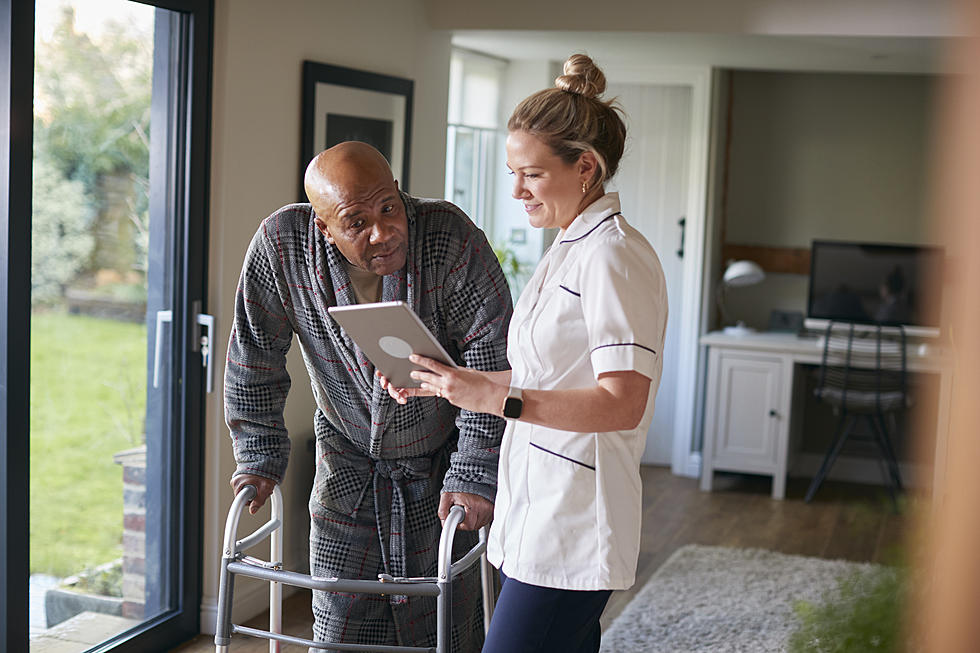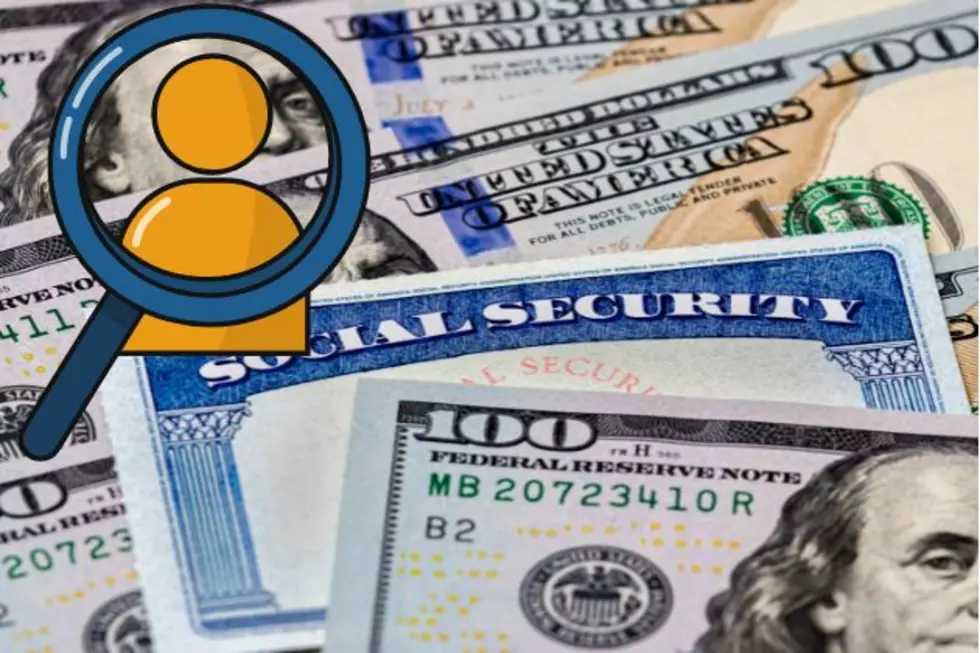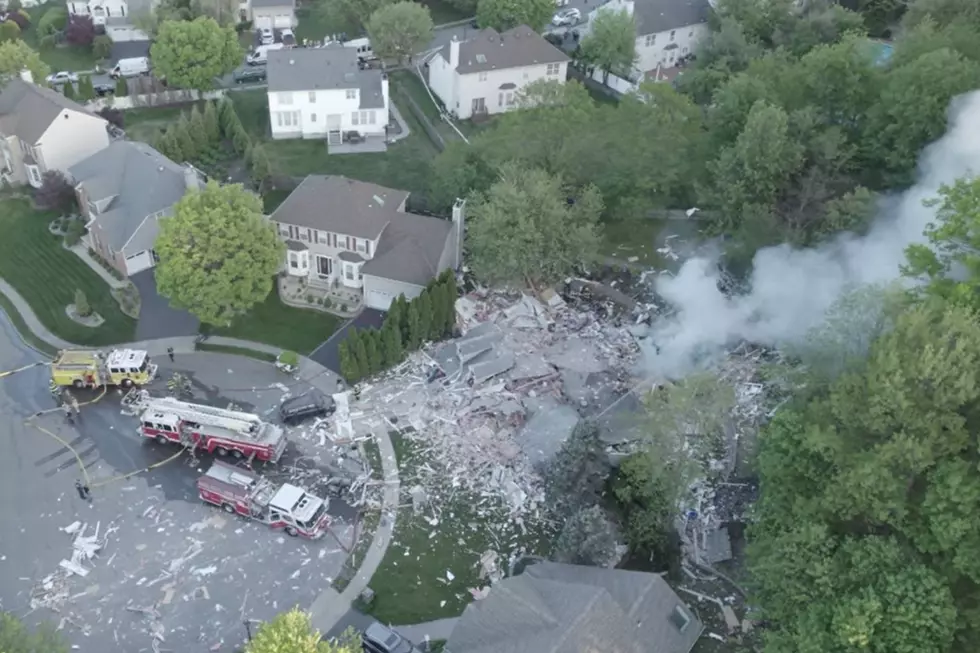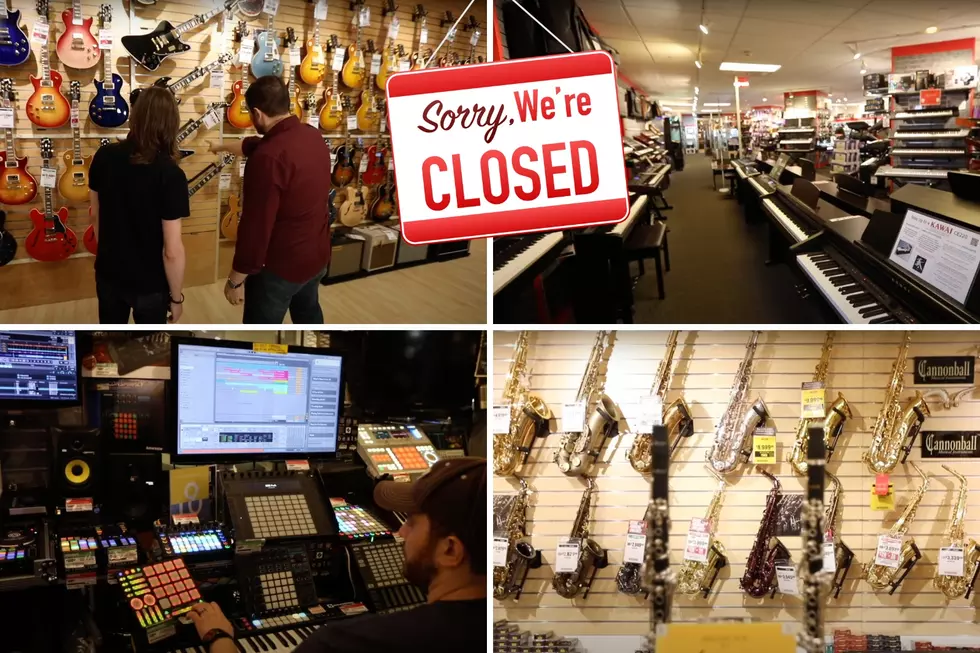
Number of certified home health aides continue to decrease in NJ
🔵 The number of home health aides has declined rapidly in New Jersey
🔵 The COVID pandemic and inadequate pay play a role in the big drop, according to experts.
🔵Certified home health aides are vital to New Jersey's elderly population
For New Jersey’s older adult population, as well as those with disabilities, certified home health aides (CHHAs) are essential health care providers.
According to the most recent Nursing Data and Analysis Report, issued by the New Jersey Collaborating Center for Nursing, the state’s total number of CHHAs has declined by 15% since 2017.
The numbers aren't surprising
This is not a surprise because there have not been enough home health aides in New Jersey since at least the COVID-19 pandemic, said Nancy Fitterer, president and CEO of the Home Care and Hospice Association of New Jersey.
When the report came out, it only verified what she and her team had been seeing in the field.
New Jersey currently has approximately 51,000 certified home health aides. If their numbers continue to decline, those who rely on them face the possibility of not having regular support, Fitterer said.
What surprised her about the report was that so many of the state home health aides are new. Forty-eight percent of them have only been aides for five years. That means so many of New Jersey’s seasoned home health aides left, sometime during the pandemic.
“We were able to replace some of them with newer home health aides, but not to the same amount as before,” Fitterer said.
Why the decline?
Fitterer blames the decline partly on the minimum wage increase. She said the average retail store pays almost $18 an hour in New Jersey. So, if they are going to pay $18, and someone can do an easier eight-hour shift, a person is going to choose that rather than the hard work of being a home health aide.
The COVID-pandemic also forced many seasoned home health care aides to retire early due to stress and burnout, but because they don't get paid a lot of money, recruitment has been tough, Fitterer said.
Why are CHAAs so vital?
While the work of a home health aide is hard and challenging, it’s also rewarding, said Fitterer.
“A large number of our state’s residents and their families consider certified home health aides to be completely indispensable. It’s actually difficult to express how vital they can be. They provide hands-on care that enables patients to remain in their own homes. Without them, the burden on family members as well as all manner of healthcare facilities would become untenable,” Fitterer said.
When the aide isn’t there, either the patient is more likely to fall and hurt themselves, or they’re home alone with no companion, and have no way to get out, Fitterer added.
CHHAs perform so many duties such as bathing, dressing, feeding, grooming, and helping patients use the toilet. They also respond to potential emergencies such as falls, heart attacks, and strokes. They check on a patient’s vital signs like blood pressure, respiration, and pulse, and they monitor both their physical and mental conditions.
They also serve as companions, Fitterer said. Oftentimes, these home patients don’t have anyone, so these aides serve as friends, someone to talk to, play cards with, watch TV with, and do other activities.
They are the lifeline of the elderly adult population in New Jersey.
If the pandemic taught us anything, it taught us that people want to be at home. Whether they want to age at home or recover from illness at home, that trend is going to continue, Fittere said.
“But if we don’t have enough home health aides, people will be forced to either go to an institution or stay in a hospital until we can find aides to be able to take care of them,” Fitterer said.
Of additional concern to New Jersey residents who rely on the CHHA workforce, only 50% of CHHAs are employed on a full-time basis, 17% have two or more jobs, and 2% plan to retire in the next two years, according to the Nursing Data and Analysis Report.
Recruitment
While the New Jersey Department of Human Services has received federal funds to create a marketing campaign, Fitterer said just spreading the word to people who may be interested in a career in home health aide is powerful, too.
“What we found and what the report showed is that most of our home health aides are women. Most are African American or Hispanic, and one of the issues is we don’t have home health aides that represent all of New Jersey. New Jersey is so diverse,” Fitterer said.
Certain aides are requested for certain households to help with a language or culture barrier, she said.
“One of the things we’ve been talking to the Department of Human Services is really targeting, you know, they want to target new Americans, which is fine, but also target all of our ethnic communities,” Fitterer said.
Depending on what ethnicity a home health aide is and depending on the ethnicity of the patient, they understand the culture, customs, and language. There are so many home patients who don’t have a home health aide who speaks their language but would be more comfortable with one.
Finding more ethnic home health aides also widens the pool of people to choose from, she added.
Home Health Aide Training
It’s 76 hours worth of training to become a home health aide in New Jersey. Sixty hours of it are in a classroom and 16 hours are hands training. The Department of Health and Consumer Affairs is currently revamping the training course to modernize it, Fitterer pointed out.
The Department of Human Services is also working on a program to give perspective home health aides a stipend either for transportation, child care, or cover the cost of the fact that they’re not working while training.
“We’re always trying to think outside the box. What is stopping you from becoming a home health aide? Is it child care issues? Is it you don’t have access to the course? Is it the course costs too much money? Is it you’d have to stop working to take the course? We’re slowly trying to peel that onion back and figure out ways if you want to be a home health aide, we’re going to try to figure out a way to get you through that training,” Fitterer said.
Report a correction 👈 | 👉 Contact our newsroom
The 15 best places to live in New Jersey
Gallery Credit: New Jersey 101.5
More From New Jersey 101.5 FM









